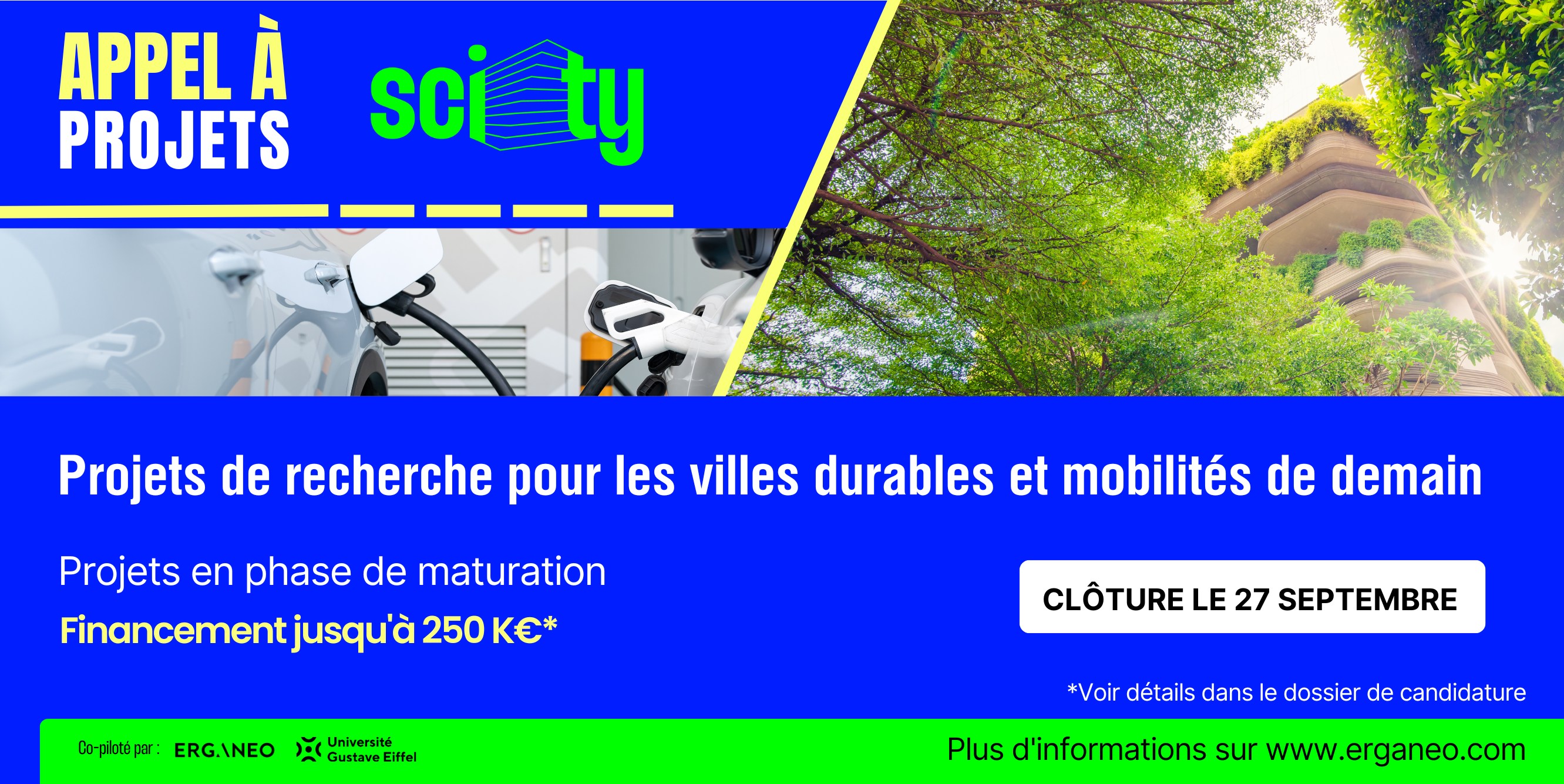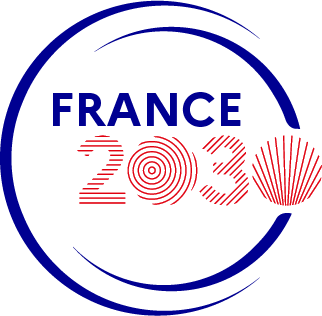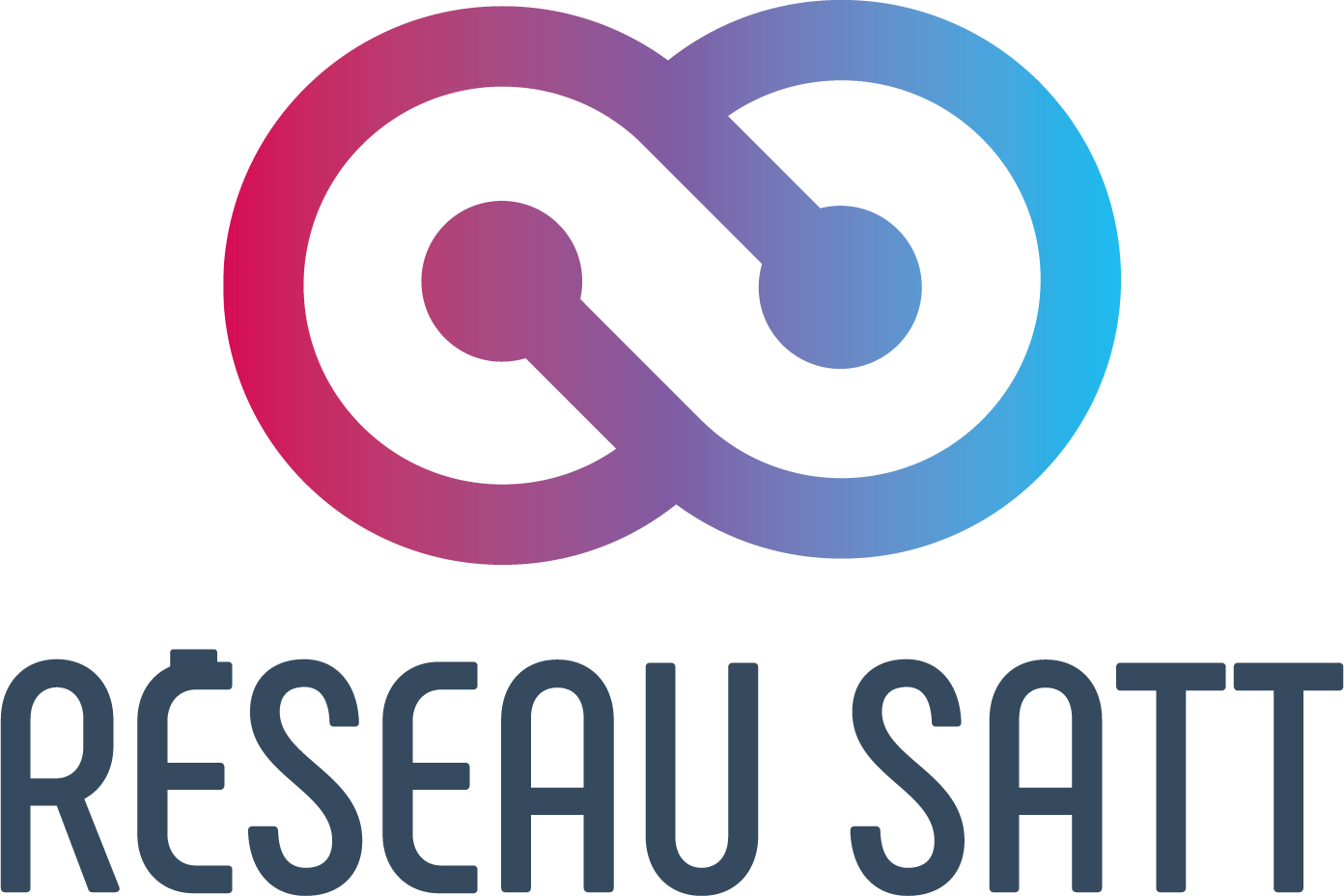The Sci-ty support programme, Deep tech for the Cities and Mobilities of tomorrow, aims to support a wide range of innovation projects to encourage their transfer to the socio-economic world by creating a community of experts and innovators at national and regional level (experts, scientists, local authorities and residents, socio-economic players).
The aim is to develop and strengthen support for the creation of innovative products and services for sustainable cities and mobility in order to accelerate the transformation of our economy towards carbon neutrality.
The Sci-ty consortium is launching a 5th wave of calls for projects and is particularly encouraging collaborative innovation projects with businesses. The projects identified in the field of digitalisation and decarbonisation of mobility should contribute to the following areas:
- Rail mobility of the future
- Massified logistics
- New transport services through automation and decarbonisation
In terms of sustainable cities and innovative buildings, the projects identified will contribute to the following areas:
- Transforming cities through an integrated approach
- Acting on buildings to reduce energy and resource consumption
- Developing geosourced construction
The funding awarded will depend on the maturity and progress of the project in terms of its potential for commercialisation and transfer. Funding may reach €250,000 for the maturation phase.
Who can apply?
Any researcher affiliated to a research unit at one of the following eligible institutions: Université Gustave Eiffel - IFP Energies nouvelles - CEREMA - CY Cergy Université - Aix Marseille Université - Université Côte d'Azur - Université Polytechnique Hauts-de-France - Nantes Université - Ecole des Ponts ParisTech - ENTPE - Université Paris Saclay - ESTP Paris - Ecole Centrale Nantes - Ecole Centrale Lyon - Insa Lyon.
To apply for maturation >> Complete the maturation application file.
Applications must be sent by 27 September 2024 to the following address: chercheurs@erganeo.com
Applications will be processed on a first-come, first-served basis, so it is advisable to submit them as soon as possible to allow sufficient time for them to be examined. This call is complementary to an analysis that may be carried out throughout the year.



